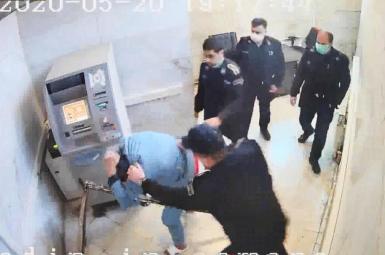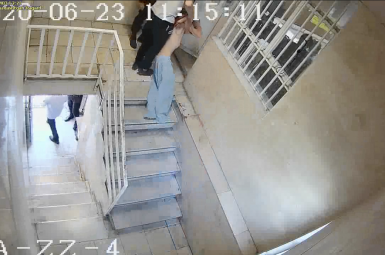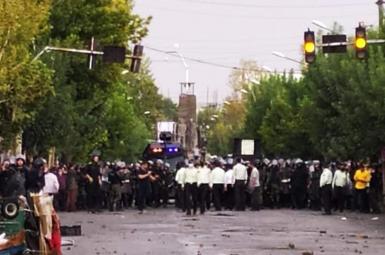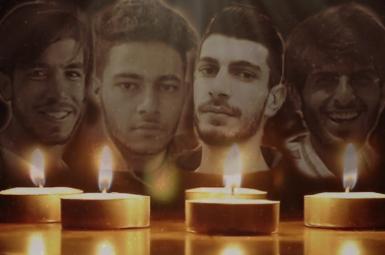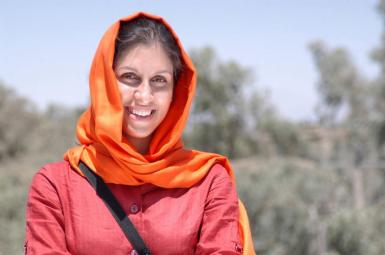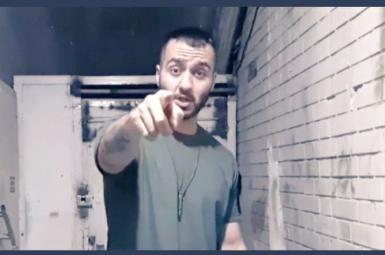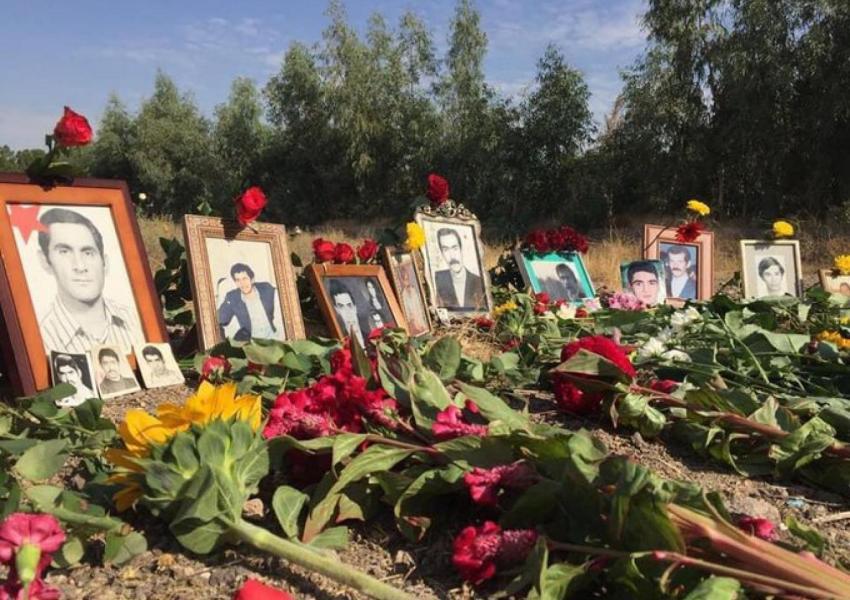
Amnesty Says Again: Iran Reformist Leader A Suspect In 1988 Prison Massacres
Diana Eltahawy Amnesty International’s Deputy Regional Director for the Middle East and North Africa has reiterated the watchdog’s view that reformist leader Mir-Hossein Mousavi is implicated in the execution of thousands of political prisoners in 1988 when he was prime minister.
In a video message to Iran International TV viewers on Sunday, Eltahawy said Mousavi “falls within the pool of suspects.” She argued that as prime minister, Mousavi was required to ensure that allegations of extrajudicial executions and disappearances were investigated, but that his government had instead “participated in denying and distorting the truth” although made aware of the killings by the victims’ families and rights organizations even as the executions were underway.
Eltahawy insisted that top government officials and all who knew, or should have known, about the killings and did not nothing to stop them or punish the perpetrators should be criminally investigated.
Mousavi has been under house arrest since 2011 after becoming an unofficial leader of the Green Movement that emerged during protests against the disputed 2009 presidential election, in which the incumbent Mahmoud Ahmadinejad was victorious over Mousavi and others. During his presidential campaign Mousavi denied knowledge of the 1988 killings of members of the Mojahedin-e Khalq (MEK) and leftist groups.
Death tolls between 2,500 and 6,000 were cited by historian Ervand Abrahamian in his 1999 book Tortured Confessions. The killings – described by Abrahamian as “the most despicable as well as the most bizarre event in modern Iran” – remained contentious. A 2011 report by British lawyer Geoffrey Robertson concluded the executions amounted in international law to a crime against humanity.
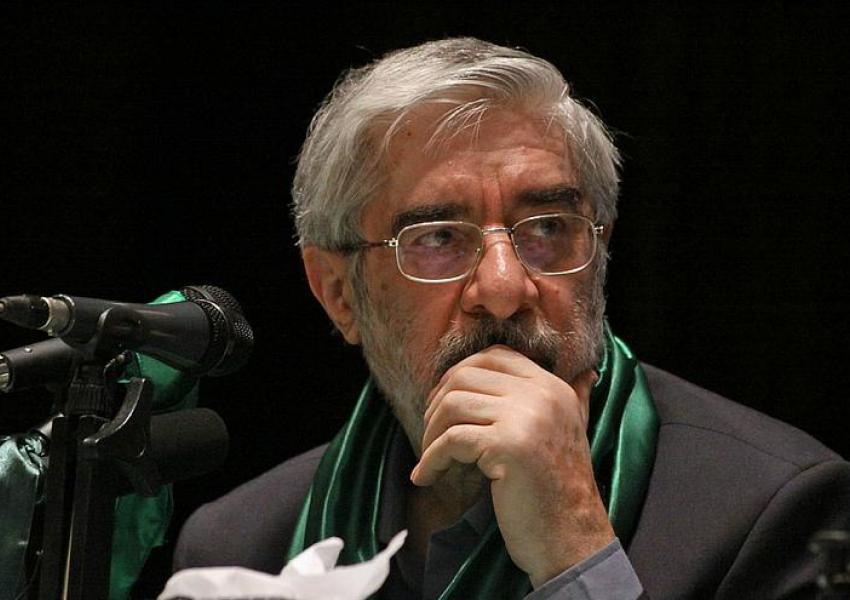
Mir Hossein Mousavi, former prime minister and leader of Iran's Green Movement
Mousavi’s supporters insist he was unaware of the massacre. Sixty prominent Iranian reformist political figures issued a statement on September 22 criticizing Amnesty’s republication the previous month of its 2018 report entitled "Blood-Soaked Secrets.” The signatories, who included some family members of those killed in 1988, alleged Amnesty had included “obvious distortions of the truth” and had sought to discredit Mousavi.
In 2018 the Amnesty report, coupled with a TV report featuring Amnesty’s Iran researcher and spokesperson Raha Bahraini, focused attention on
Mousavi’s role and responsibility, especially as Mousavi in an interview with Austrian television appeared to justify the killings as a response to an armed attack on Iran by the MEK, who had been allied with Saddam Hussein in the 1980-88 war. Clips from these programs have circulated on social media ever since.
In Sunday’s interview, Eltahawy said that the current Chief Justice Ebrahim Raeesi, Justice Minister Alireza Avai and former Justice Minister Mostafa Pourmohammadi all bore responsible for the executions, but insisted that anyone suspected of facilitating the crimes or of concealing of the victims’ fate should also be held to account.
Eltahawy also defended Bahraini, the Amnesty researcher, from what she said had been “deeply regrettable and baseless attacks” made by two guests on Iran International TV’s Panorama (Cheshmandaz) program aired on September 27. Ali Afshari, reformist political analyst and activist, had suggested Bahraini had “mixed her own political stance with human rights issues,” while Mohammad-Sadegh Javadi-Hesar, a leading member of the Etemad Melli Party, had alleged that reformist figures like Mousavi were being undermined by those wanting to overthrow the Islamic Republic.
On Sunday, the families of 240 victims of the 1980 prison massacres called for bringing to justice Mousavi and all others who held top government and judicial positions at the time but ignored or concealed the truth.
